You want to reduce stress, when you encounter challenges and demands, your body responds by being stressed. It is possible to deal with stress in a healthy way, whether it is positive or negative. Stress management requires good sleep.
What is stress?
Stress is the body’s reaction to a challenge or demand. We all experience stress, which can be triggered by various events ranging from small daily annoyances to major events such as divorce or job loss.
Stress includes several physical components such as increased heart rate and blood pressure, psychological aspects such as thoughts and beliefs about the event, and emotional components such as fear and anger. Stress is not always negative. Getting a promotion at work or having a new baby can be positive changes in your life.
Read: Emotional Disorders
How can we handle stress in healthy ways?

Stress provides us with the ability to respond quickly to threats and prevent danger. The prolonged exposure to stress may cause mental disorders (such as anxiety or depression) or worsen physical health problems.
The majority of research suggests that increased levels of stress impair your ability to handle physical illness. There is no way to avoid all stress, but you can learn how to reduce stress with it in a way that increases your capacity to recover.
- Drink and eat healthy to stay healthy. Alcohol and food can be used as stress-reducers. It may seem like these actions will reduce stress at the moment, but they add stress in the long run. Stress can be compounded by caffeine as well. Stress can be reduced by eating a healthy, balanced diet.
- Exercise regularly: Physical activity also relieves stress in addition to providing physical health benefits. Set reasonable goals for yourself and choose activities like non-competitive exercise or weight-lifting or movement activities such as yoga or Tai Chi. Aerobic exercise releases endorphins, natural chemicals that improve mood and perception.
- Don’t use tobacco or nicotine products: Nicotine users often describe it as a stress reliever. Despite this, nicotine increases physical arousal and reduces blood flow and breathing, which places more stress on the body.
- Study and practice relaxation techniques: Regular relaxation helps to manage stress and protect the body from its effects. Meditation, progressive muscle relaxation, deep breathing, and imagery are all types of relaxation techniques. It is possible to access information about these techniques online or on smartphones, although some apps are available for purchase, yet most are free.
- Reduce stress triggers: It is common for most people to be overwhelmed by too many demands and not enough time. The majority of these requirements have been chosen by us. You can take advantage of time-management skills such as being self-aware, setting priorities, pacing yourself and taking care of yourself.
- Live by your values: No matter how busy your schedule is, the greater sense of fulfillment you will receive from your actions reflecting your beliefs. When choosing your activities, keep your values in mind.
- Assert yourself: There is no harm in saying “no” when time and energy demands put too much pressure on you. It’s not always necessary to meet the expectations of others.
- Set realistic goals and expectations: Realize that you can’t achieve 100% success at everything all at once is okay-and healthy. Keep an eye on what you can control and accept what you can’t.
- Sell yourself to yourself: You can always remind yourself what you do well when you’re feeling overwhelmed. Feel good about yourself.
- Breathe: Stress and anxiety can affect your breathing, which impacts your body and mind. Breathing deeply can help you calm your mind and breathing, relax your muscles, and lower your heart rate.
- Take a time out: Even though you’re not a toddler, a time-out can still be helpful when you’re stressed. Children also experience stress, which can affect their emotions, how they act, and their physical and mental health. Stress might make you agitated or irritable, easily upset or irritable. You should step back and focus on yourself when you start noticing how stress affects your mood or behavior. Find a trusted friend or colleague that you can discuss your feelings, or read a book or listen to music that you enjoy. Make sure you give yourself a break every week, allowing yourself to do something you enjoy while looking after your health.
- Meditate: It’s never too late to try mindfulness, meditation, or relaxation exercises. This list includes scientifically proven stress-reduction and mood-boosting tools that are useful when you are feeling stressed, as well as tools that you can use as preventative tools when you are feeling well.
Read: How to Deal with Frustration
You can also use other methods to relax or reduce stress, including:
- Mindfulness meditation
- Progressive muscle relaxation
- Mental imagery relaxation
- Relaxation to music
- Biofeedback (described below)
- Counseling for recognizing and releasing stress
You can also speak with your healthcare provider about these techniques.
Related: Most Effective Anxiety Breathing Exercises
Biofeedback
Through biofeedback, a person can learn how to reduce stress by monitoring muscle tension, heart rate, and other vital signs. A chiropractor helps to ease tension and pain caused by certain bodily functions.
The benefits of biofeedback can greatly improve your ability to cope with stressful situations and learn how to handle them better. Biofeedback can help people prevent migraine headaches before they become severe by detecting when the attack is beginning slowly.
Read: 7 Causes of Stressful Work Environment
What to do if you have trouble sleeping
It is possible to experience insomnia (inability to sleep) due to discomfort, stress from personal concerns or medication side effects. Try these tips if you cannot sleep:
- Set a regular sleep schedule by going to bed and waking up at the same time every day.
- Make sure you have a comfortable bed and surroundings. You will be more comfortable if you arrange your pillows accordingly.
- Make your bedroom quiet and dark.
- Only use your bedroom to sleep. Do not watch TV or work in your bedroom.
- Avoid taking too many naps during the day. Don’t forget to balance physical activity with periods of rest.
- Discuss your feelings of anxiety and nervousness with your spouse, partner, or trusted friend. Get your worries out of your head.
- Play relaxing music.
- Taking sleeping pills will not help you sleep. They can cause harm when taken with other medications. Use them only if other non-medication remedies don’t work, or if prescribed by your healthcare provider for a limited time.
- Make sure you take diuretics earlier rather than in the middle of the night, so you don’t have to get up to the bathroom.
- Try getting up and doing something relaxing until you feel tired if you can’t sleep. Don’t worry about falling asleep while you’re still in bed.
- Don’t drink caffeine.
- Keep your workout routine regularly, however, don’t do it within two to three hours of bedtime.
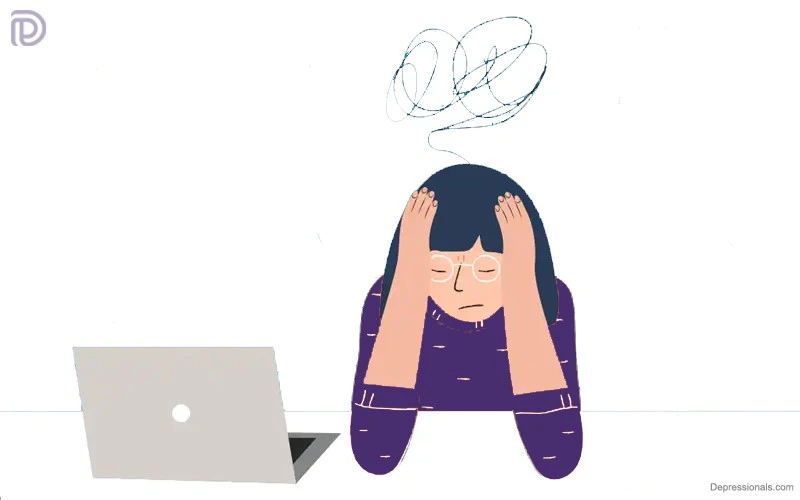
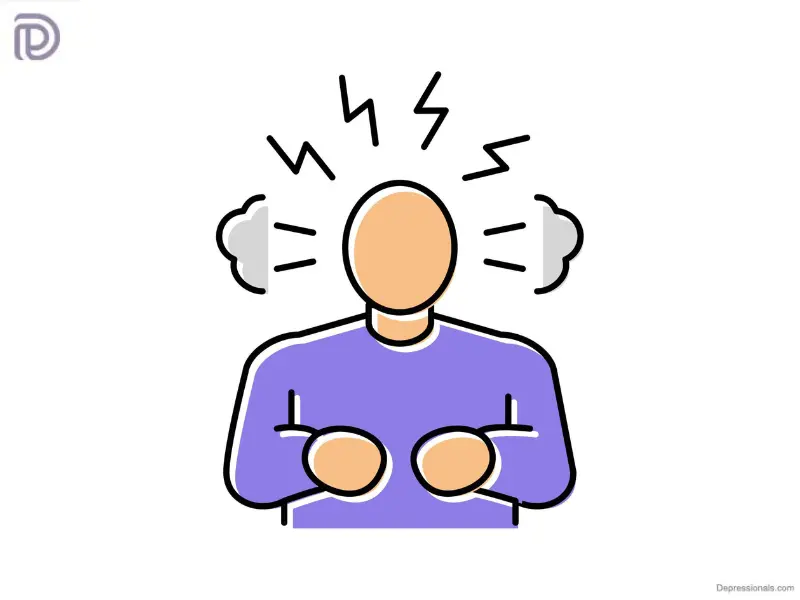
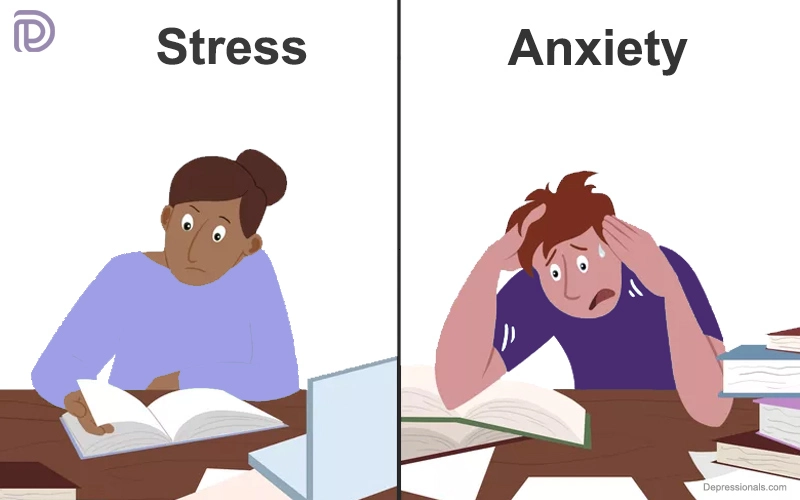
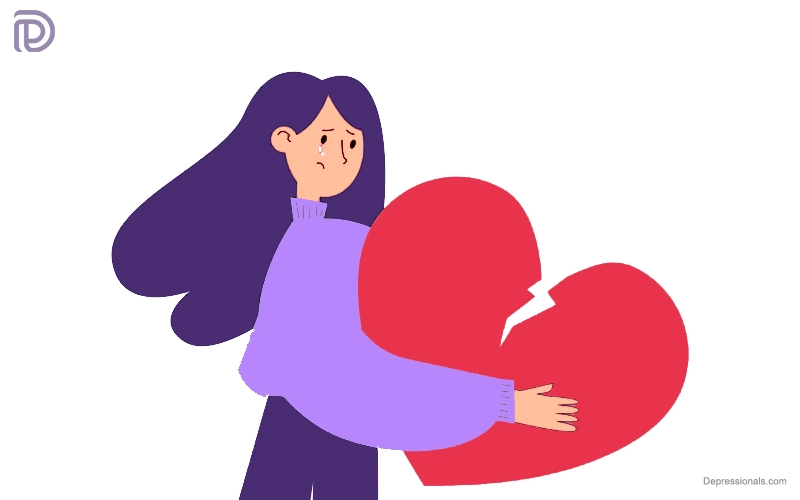
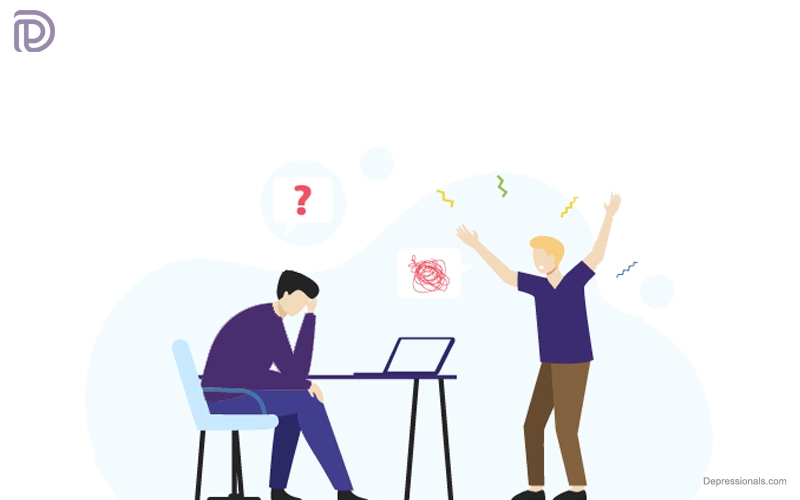

Hello.This post was extremely fascinating, particularly because I was searching for thoughts on this subject last Sunday.
Thanks for sharing superb informations. Your site is very cool. I am impressed by the details that you have on this website. It reveals how nicely you understand this subject. Bookmarked this web page, will come back for more articles. You, my friend, ROCK! I found just the information I already searched all over the place and just couldn’t come across. What a perfect web site.
Really enjoyed this update, how can I make is so that I receive an update sent in an email every time you publish a fresh article?
I like the helpful info you supply to your articles.
I will bookmark your weblog and test again here frequently.
You provide helpful information in your articles. I will return to your blog often to check for new updates.
Your articles provide valuable information. I’ll keep checking your blog for new updates often.